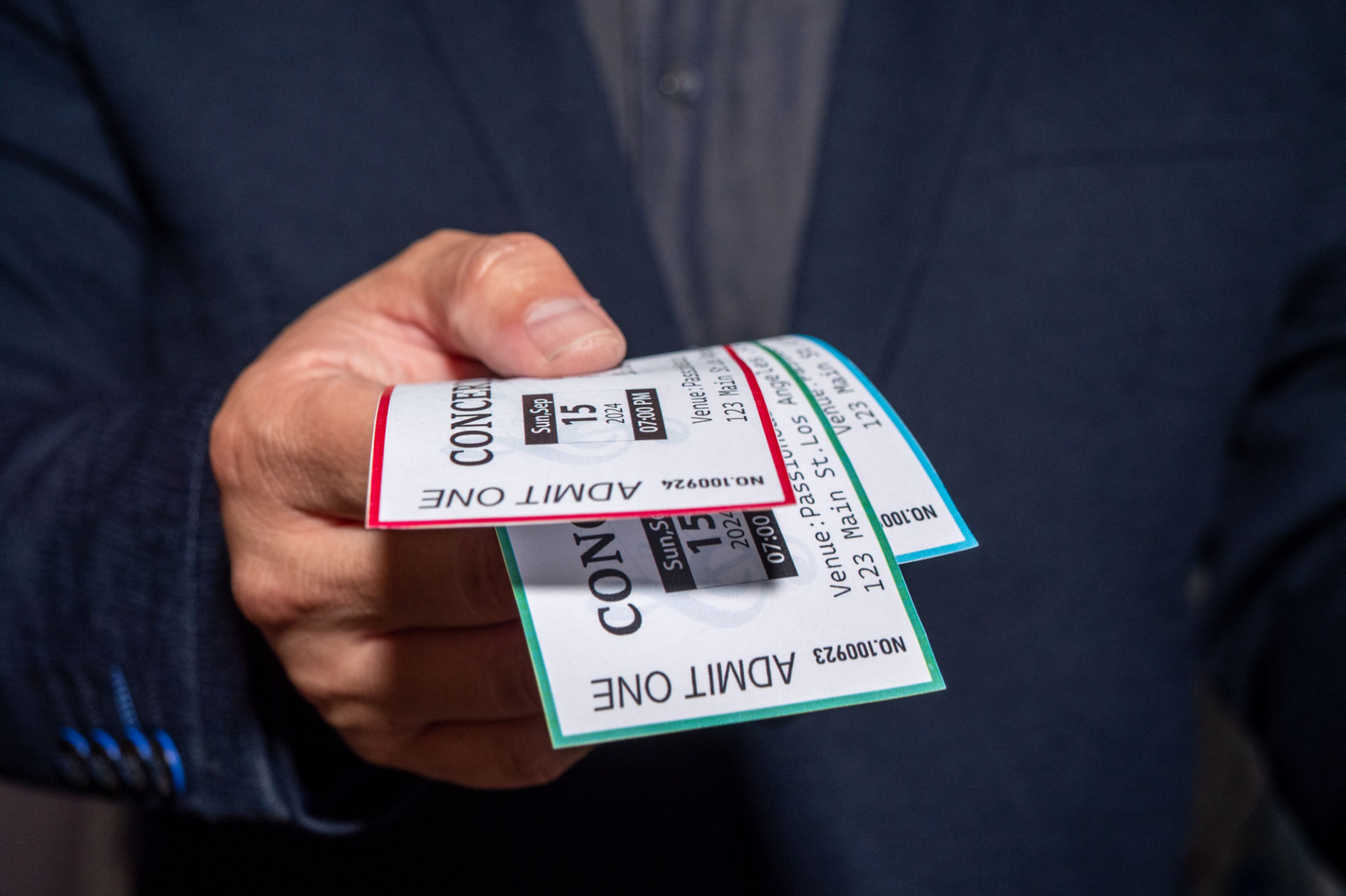Top Myths About Concert Promotion and Marketing Debunked
Understanding Concert Promotion
Concert promotion and marketing can be a complex world, filled with assumptions and myths about what works and what doesn’t. It's crucial to debunk these myths to ensure success in the competitive music industry. Let's dive into some common misconceptions.

Myth 1: The Bigger the Venue, the Better
Many believe that securing a large venue is synonymous with a successful concert. However, this isn't always true. A smaller, sold-out venue can create a more intimate and memorable experience for fans, often leading to better word-of-mouth promotion. Focusing on filling the venue rather than its size should be the priority.
Myth 2: Social Media Alone Will Sell Out Your Concert
While social media is a powerful tool for promotion, relying solely on it can be a mistake. An effective concert marketing strategy should include a mix of online and offline tactics, such as email marketing, press releases, and collaborations with local influencers. Diversifying your marketing efforts increases the chances of reaching a broader audience.

The Importance of Timing and Targeting
Timing and targeting are often misunderstood aspects of concert promotion. Let’s explore why they matter and how to properly implement them.
Myth 3: Promoting Early Guarantees Success
While starting early is generally good practice, promoting too early can lead to waning interest as the concert date approaches. It's essential to strategically time your promotion to maintain momentum and excitement leading up to the event.
Myth 4: Targeting Everyone is Effective
Attempting to reach everyone often results in reaching no one effectively. Instead, focus on identifying your target audience—those who are most likely to attend—and tailor your messaging to resonate with them. This approach not only improves ticket sales but also enhances attendee satisfaction.

Pricing and Ticketing Myths
How you price your tickets and manage sales can significantly impact your concert's success. Let’s address some common misconceptions in this area.
Myth 5: Lower Ticket Prices Always Increase Sales
Setting ticket prices too low can undervalue your event and affect perceived quality. It's important to find a balance that reflects the experience you're offering while ensuring accessibility for your target audience.
Myth 6: Once Tickets Are On Sale, Promotion Can Slow Down
Some promoters make the mistake of reducing promotional activities once tickets go on sale. Consistent promotion is necessary to maintain interest and drive last-minute sales. Continuing to engage with potential attendees through various channels keeps your concert top-of-mind leading up to the event.

By understanding and addressing these myths, concert promoters can create more effective marketing strategies that not only sell tickets but also enhance the overall concert experience. Remember, the key is a balanced approach that combines multiple tactics tailored to your specific audience and event goals.